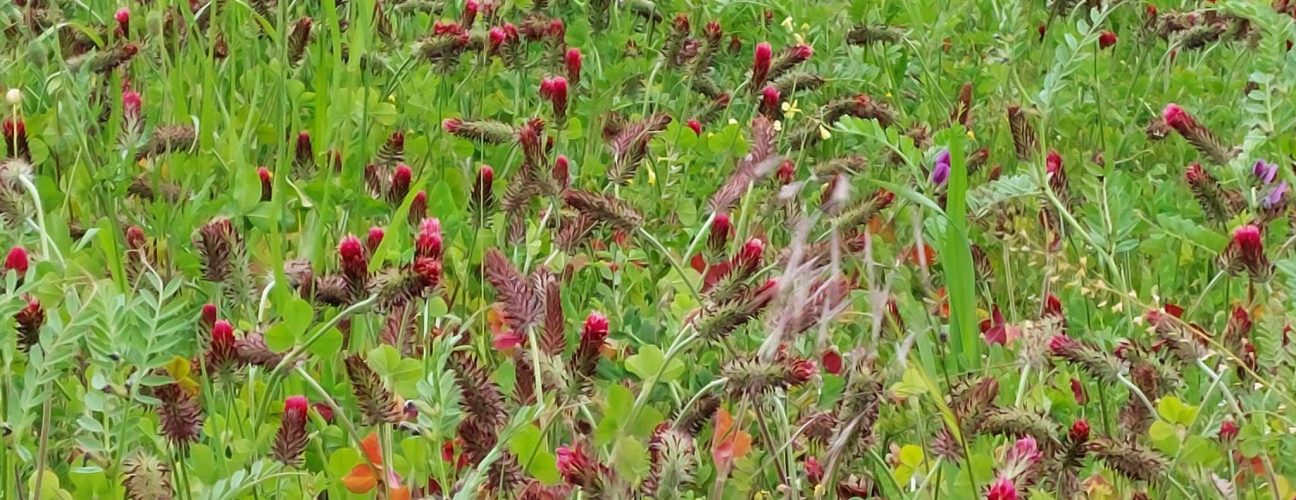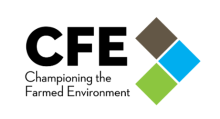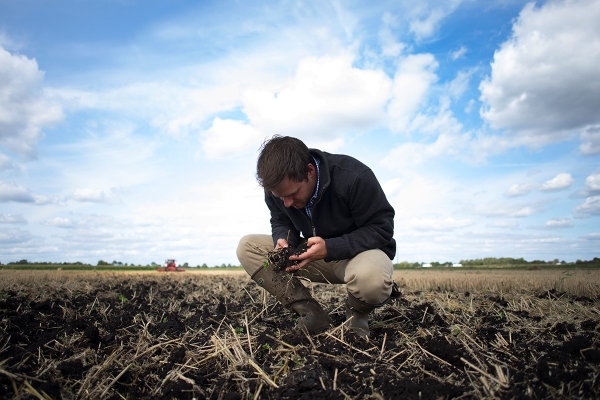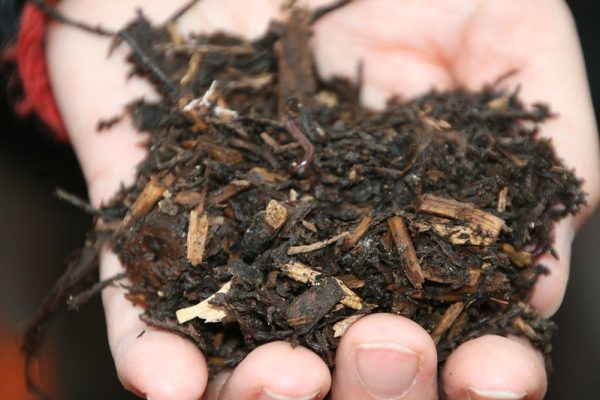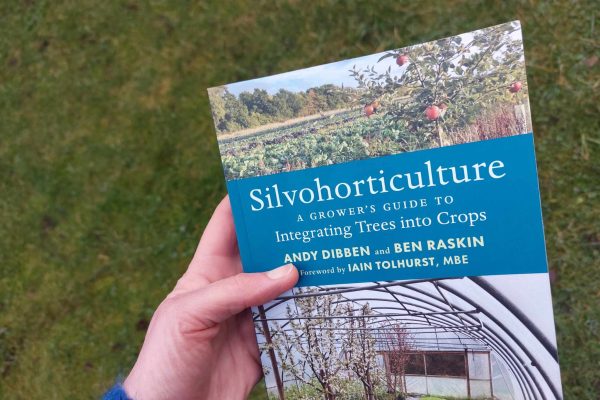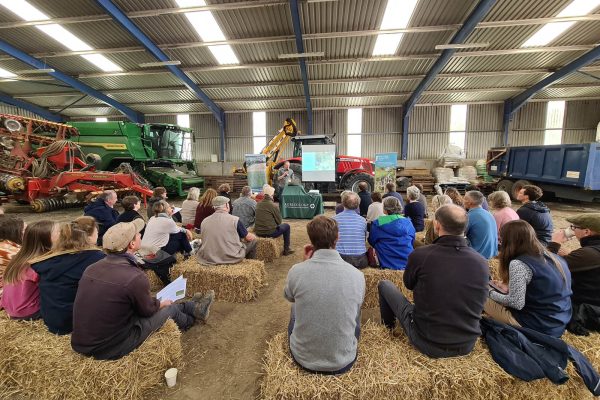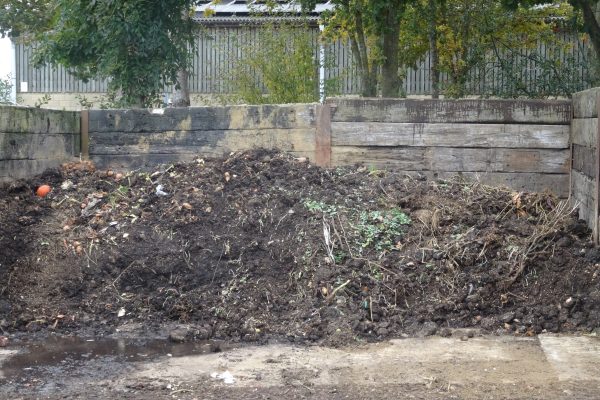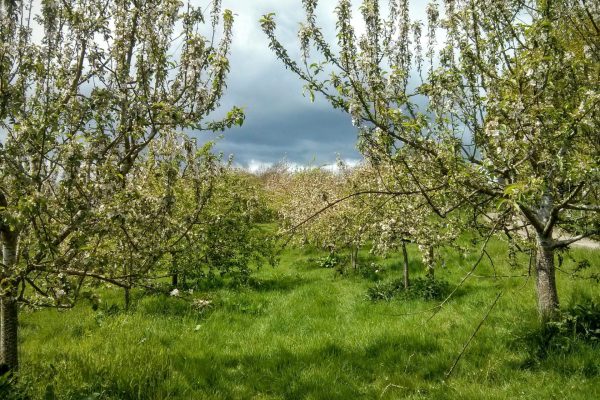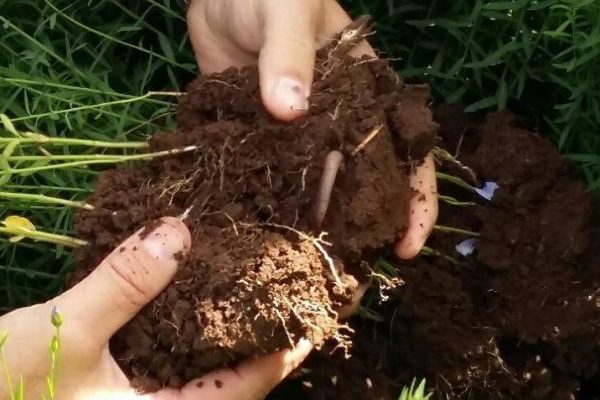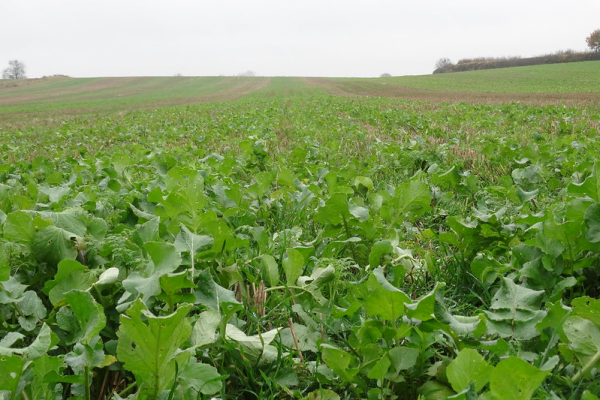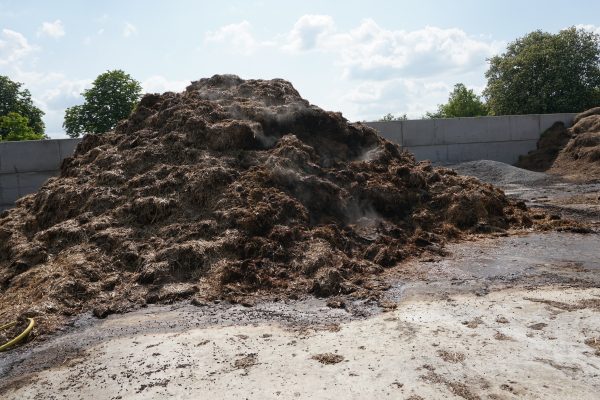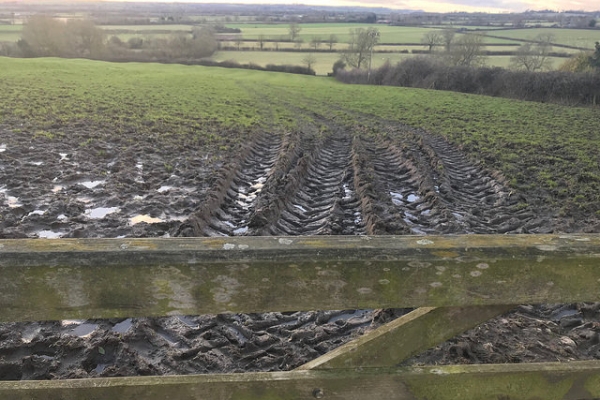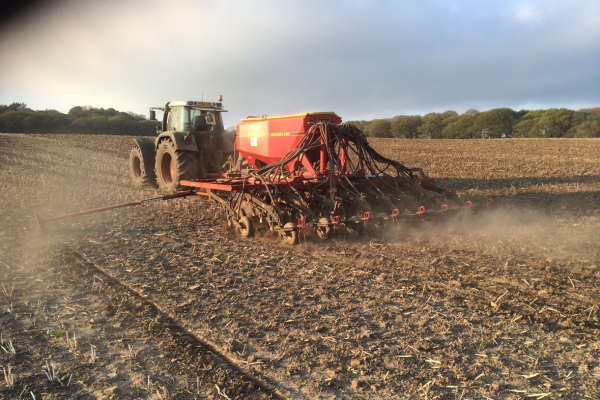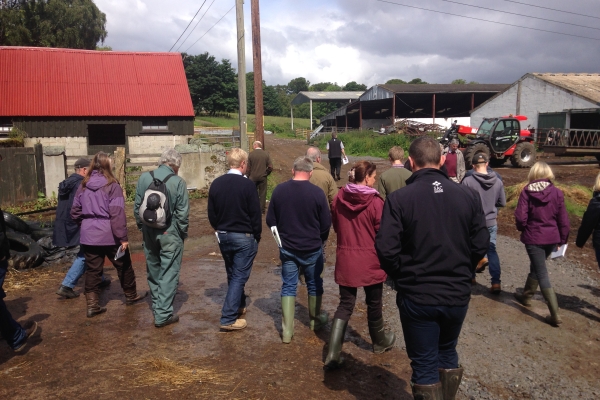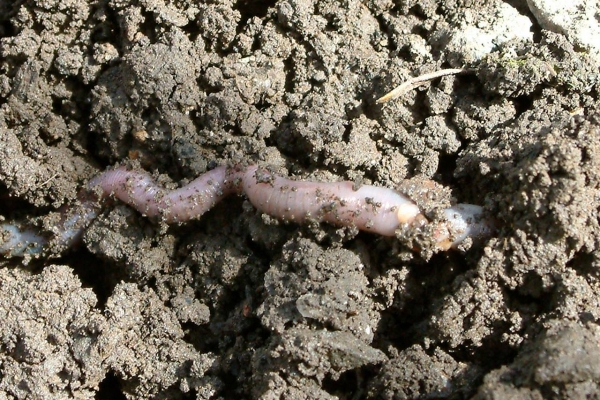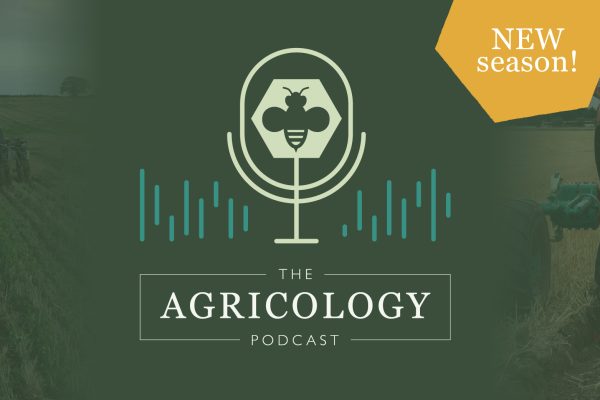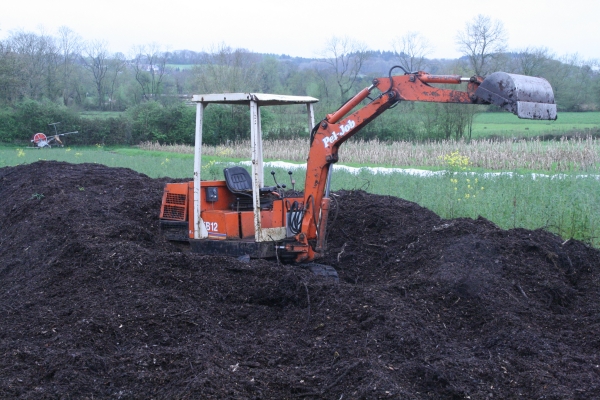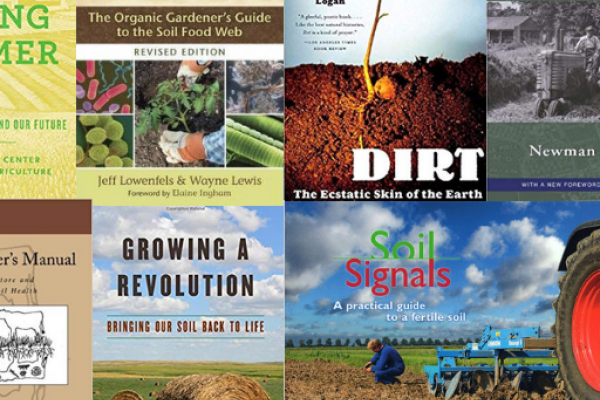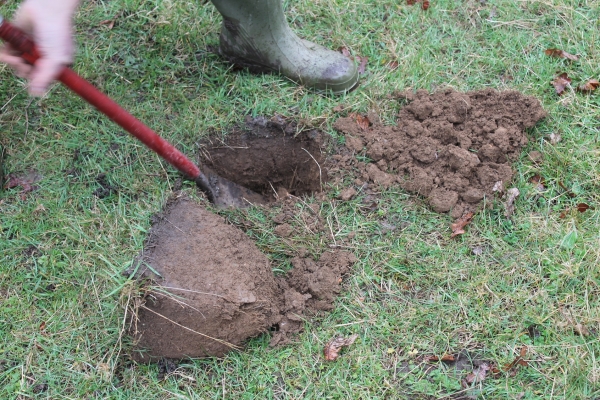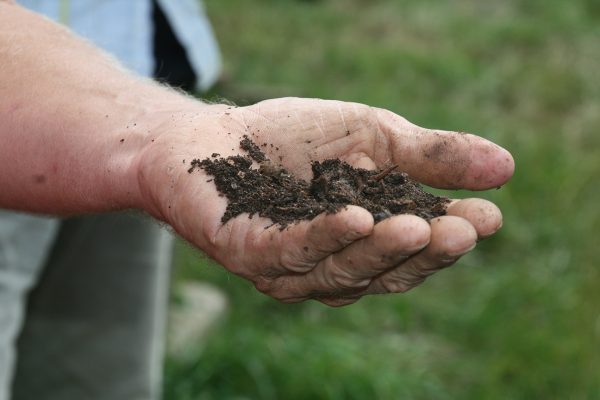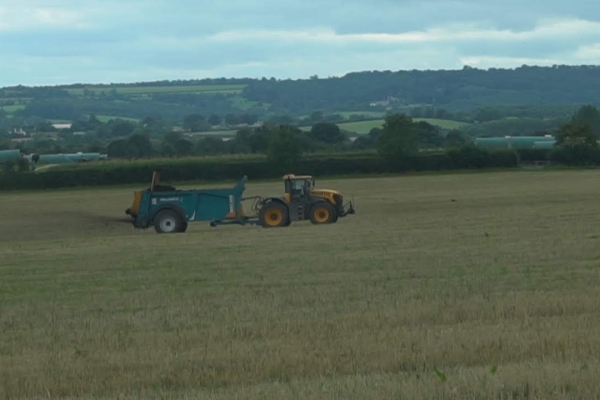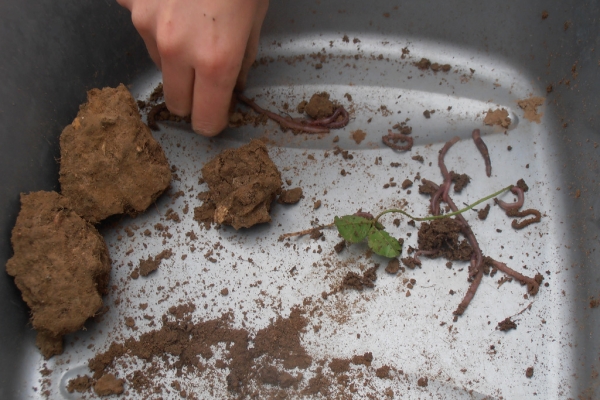UK Soil Health Initiative guides
Project Background
Healthy, well-managed soils are the foundation for all productive farming systems. Managing soils well can be confusing and complex but taking steps to improve soil health is a vital part of future-proofing all farms against the challenges of climate change and changing government support, by supporting good yields and reducing environmental impacts. Soils with good structure that contain diverse and abundant flora and fauna, which can provide the nutrients plants need to grow, form essential building blocks for productive farms. Such soils are best able to support good yields and reduce the risk to the environment through unnecessary losses to air and water.
Every farm and field is different, there is no single approach for creating healthy soils. Effective soil management must build on existing practice, your farming system, soil type, climate, cropping etc. There are practical steps that can be taken by all farmers to enhance both productivity and soil health.
Project partners:
- UK Soil Health Initiative
- WWF-Tesco Partnership
- CFE
- Anglian Water
Aims & Approach
Managing Soils for a Sustainable Future
- Printable guides were produced based on outputs from a workshop which involved a wide‑ranging partnership across the farming industry brought together by the UK Soil Health Initiative, the WWF-Tesco Partnership, Anglian Water and CFE: ADAS, Agrovista, AHDB, AIC, Agrii, Anglian Water, British Grassland Society, Centre for Ecology and Hydrology, CF Fertilisers, CLA, Cranfield University, East of England Agricultural Society, Environment Agency – soils, Gs Growers, Game and Wildlife Conservation Trust, Hillcourt, Hutchinsons, Innovation for Agriculture, James Hutton Institute, Lancrop/Yara, NIAB, NFU, National Trust, Natural England – Catchment Sensitive Farming, Organic Farmers and Growers, Royal Agricultural University, SRUC, SectorMentor, Sustainable Soils Alliance, and the Universities of Lincoln and Sheffield.
- The guides have been designed to help farmers identify actions that can be taken to better manage soils for a sustainable future. They give targeted guidance for a range of farming systems. They bring together some initial steps that can be implemented and have been designed to help increase understanding of soils and help plan first steps to improving soil health.
- Each guide includes 3 things to consider, 3 to avoid, and practical recommendations grouped under titles of ‘Know your site and soils’, ‘Crop management’, ‘Optimise nutrient management’, ‘Improve soil physical condition’, ‘Manage run-off in the field’, and ‘Maintain soil organic matter and biological activity.’
Project outputs
Explore each of the six guides below…
Managing Soils for a Sustainable Future In Combinable Cropping
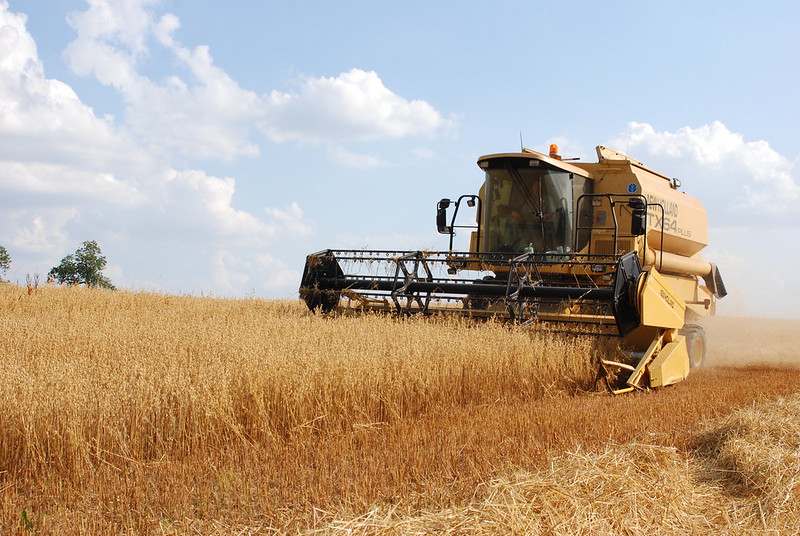
THREE THINGS TO CONSIDER…
- Diversify or lengthen rotations
- Spend as much time below the soil surface as above
- Make appropriate plans; identify and manage risks
Managing Soils for a Sustainable Future In Field Vegetables
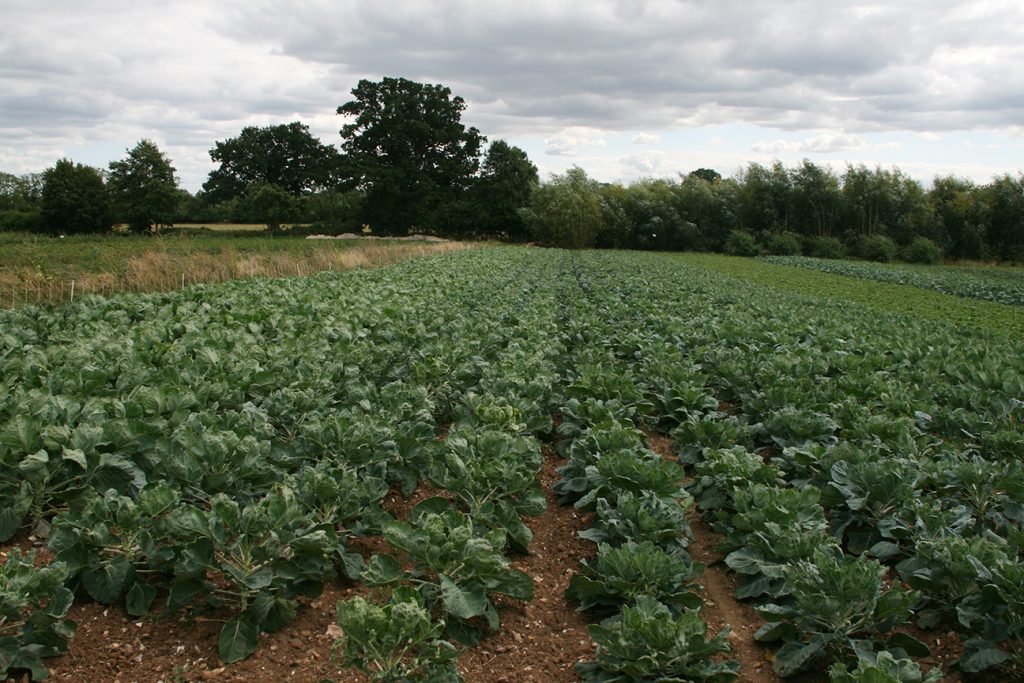
THREE THINGS TO CONSIDER…
- Understand how soil type and rainfall pattern determine soil workability
- Extend rotations and ensure incorporation of soil recovery / soil health conservation cropping
- For rented land, engage with the landlord about what is possible across the whole rotation
Managing Soils for a Sustainable Future In Rotations with Root Crops and Maize
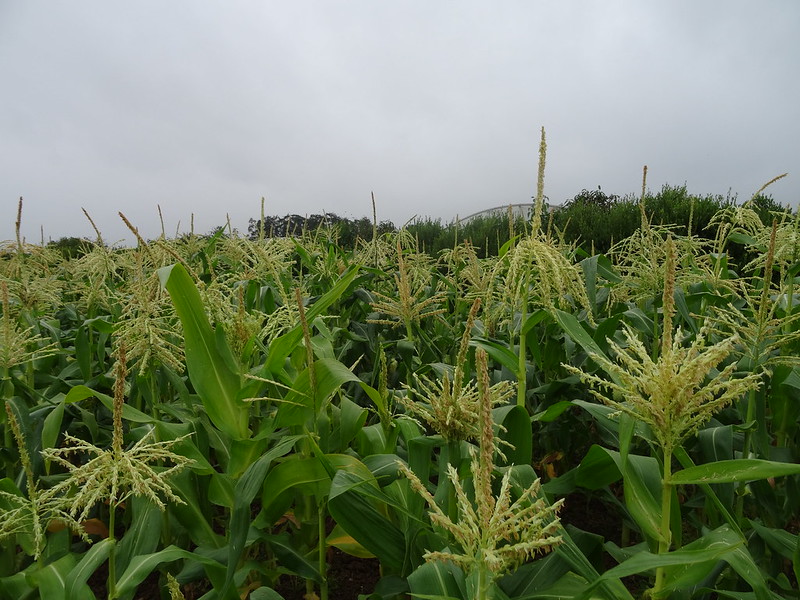
THREE THINGS TO CONSIDER…
- For rented land, engage with the landlord about what is possible across the whole rotation
- Put long term soil health above short-term profit
- Controlled traffic approaches
Managing Soils for a Sustainable Future on Lowland Livestock Farms
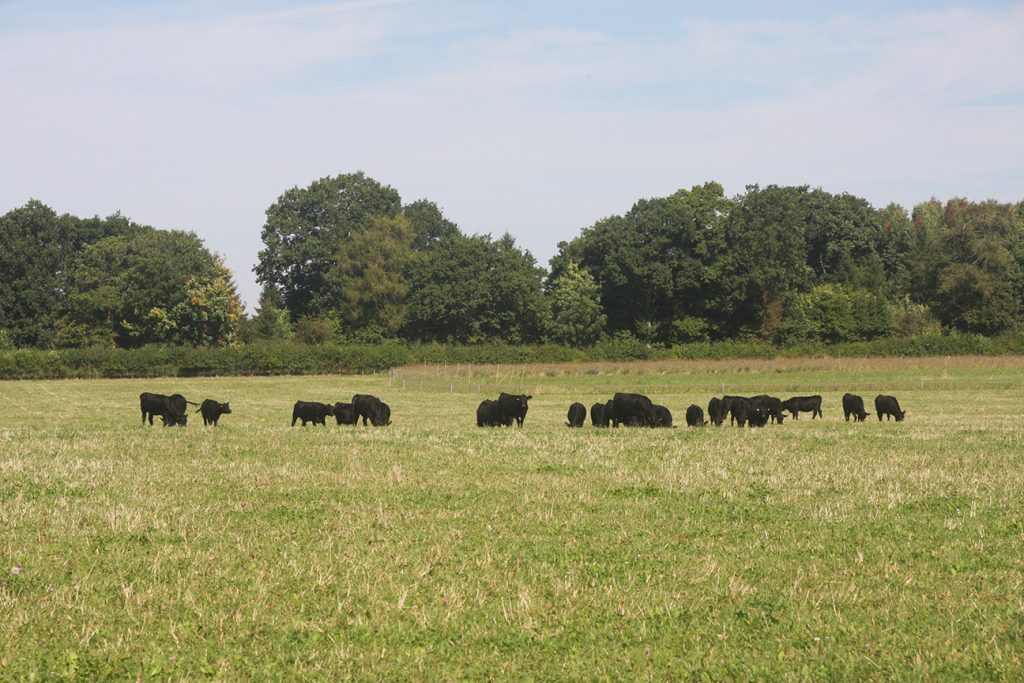
THREE THINGS TO CONSIDER…
- Convert high risk fields to permanent pasture
- Measure grass dry matter yields (plate metering) to quantify field performance
- Increase sward diversity
Managing Soils for a Sustainable Future on Mixed Farms
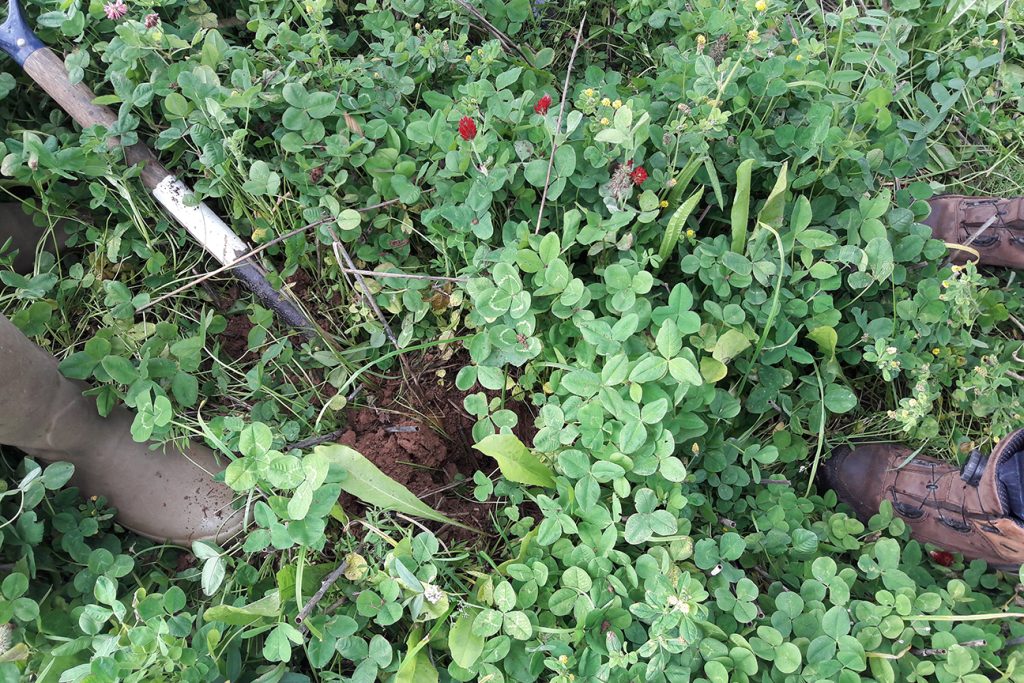
THREE THINGS TO CONSIDER…
- Increase sward diversity
- Implement enhanced monitoring of soils
- Aim for high quality, nutritionally rich forage, not just yield
Managing Soils for a Sustainable Future on Upland Livestock Farms
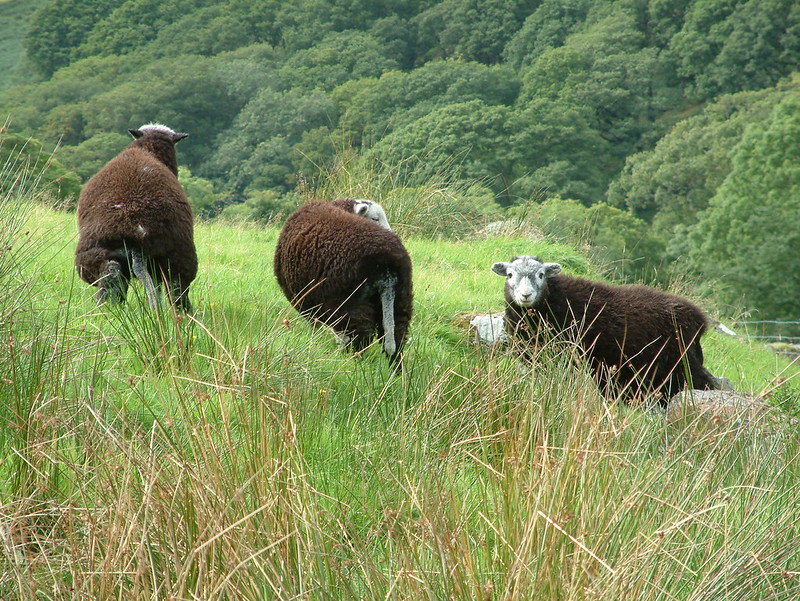
THREE THINGS TO CONSIDER…
- Fencing to protect high risk areas
- Introduce trees into upland pastures
- Use native breeds to utilise grass more effectively
